When do Spring, Summer, Autumn, and Winter start and end?It is a long-standing debate I have with anyone who obliges me in conversation, as to how the months and seasons correspond. Every year when the 'Spring' display goes up in the corridor on February 1, I have the battle in my head. "How are the children supposed to understand that it is Spring, when we often look out the window and everything tells us were are in the depths of Winter?" (flashback to The Beast From The East in February 2019!) So once and for all, I decide I need to but this to rest, by doing some research! To start I put the question to my readers in a poll on my Instagram page and here are the results. So the results showed that out of 507 people who voted roughly 75% of people teach Spring in February, March and April and 25% teach Spring in Feb, March and April. So what should we be teaching? Disclaimer: I am not an expert in this area, so take this all with a pinch of salt! If you have anything of interest to add, please do so in the comments section below. Here goes: Seasons: Meteorological and AstronomicalTwo methods are most commonly used to define the dates of the seasons: the astronomical definition and the meteorological definition. In most cultures, including all western countries, the year is commonly divided into four seasons:
Astronomical SeasonsThe astronomical start date is based on the position of the Sun in relation to the Earth:
Meteorological SeasonsThe meteorological start date is based on the 12-month calendar and the annual temperature cycle (i.e. the weather). According to the meteorological definition, the seasons begin on the first day of the months that include the equinoxes and solstices:
Note: It is also worth noting that seasons change because of change in light and not temperature. So what does the curriculum tell us to teach?As the curriculum objective relating to seasons comes under the strand unit: Weather. I think it is safe to say that the curriculum suggests we teach seasons in relation to the meteorology, which I now know is to be March 1 to the end of May is considered Spring. This is also a fair compromise that reflects both the meteorological and astronomical information above. It is also how most other northern hemisphere countries teach it. So why do so many people say Spring starts on the February 1?
However, none of the above information which teaches us that Spring starts on February 1 is reflective of astrology or meteorology or our curriculum. So all of this information might leave you no closer to knowing how you should approach seasons with your infant learners. The battle over science v's religion and culture continues. My ConclusionThe above debate could go on and on forever in Ireland! So my conclusion takes a balanced and logical approach teaching seasons. The infant curriculum reflects how infant learners learn (most of the time). Young children use their senses to learn about their world. 'Their world' is very much their home, school, community and the surrounding areas. They use their five senses to observe and make sense of their world. Couple this with their knowledge of the various cycles of life, I find it works well to suggest the seasons don't change overnight. Instead, like all life cycles, change is slow and variable. For these reasons, I teach children that during February/March the cycle of seasons will start to change from Winter into Spring. We must use our senses to make observations of Spring beginning to arrive, on our nature walks. Seeing the tulips peeking from the ground, hearing the birds chirp earlier each morning and one of my favourites, feeling that first cascade of warmth on your face. All these are surely a sign that Spring is arriving. Perhaps I should step away from the focus being on the months reflecting seasons and instead focus on the world around us as the curriculum intended. Further reading:
Fun Facts from Met Eireann https://www.timeanddate.com/calendar/aboutseasons.html https://www.almanac.com/content/first-day-seasons
0 Comments
Your comment will be posted after it is approved.
Leave a Reply. |
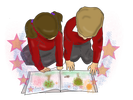
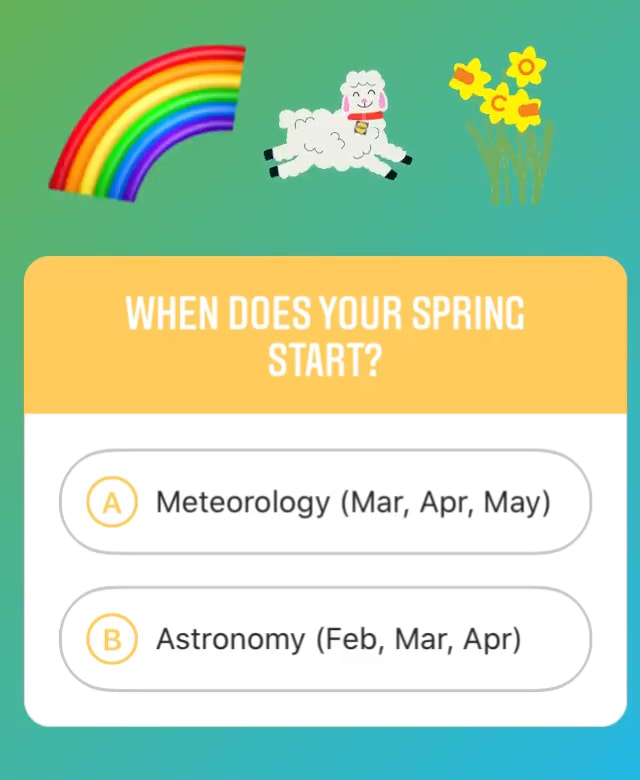
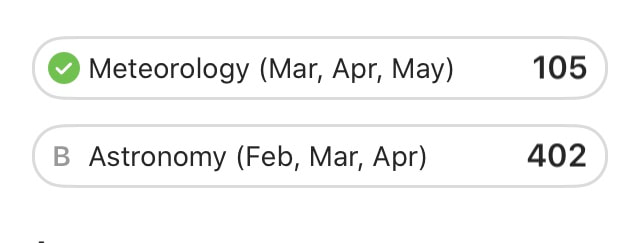


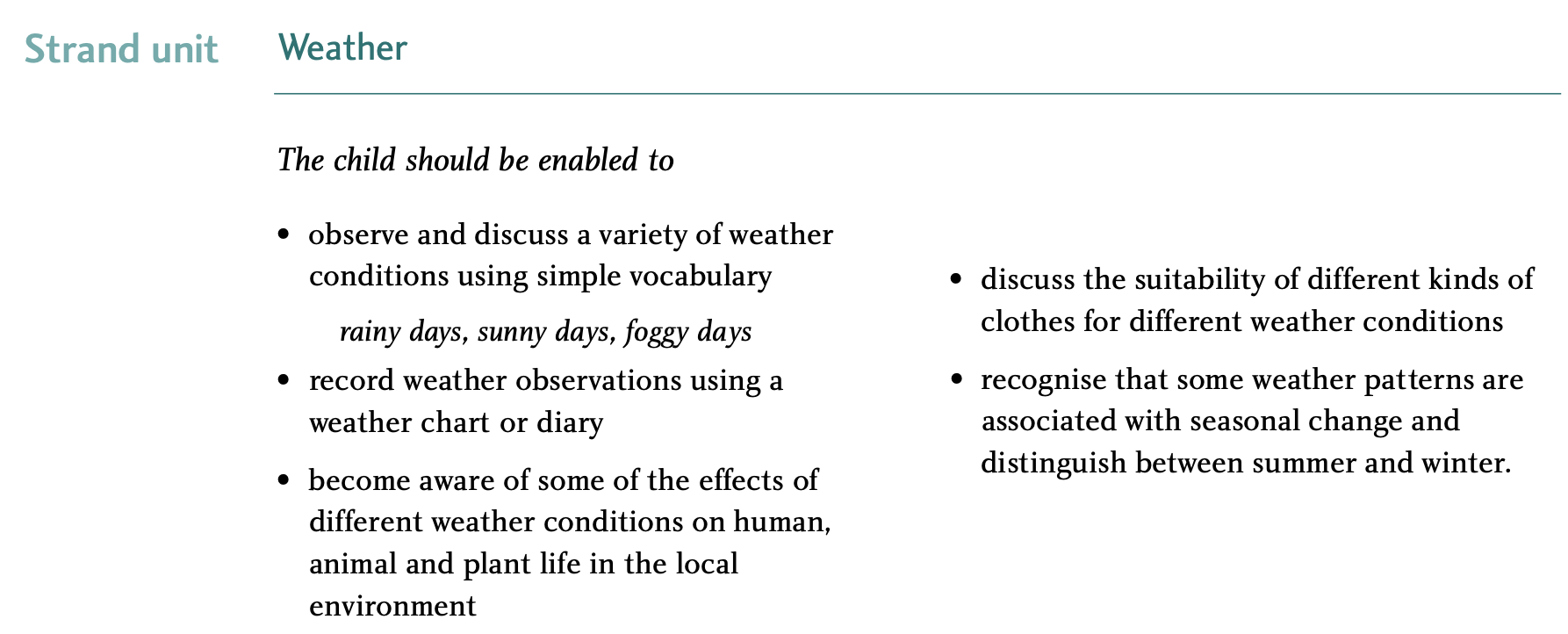

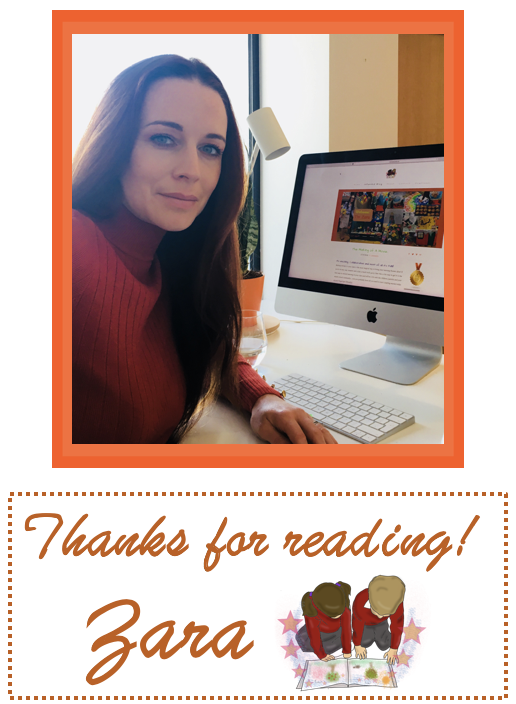
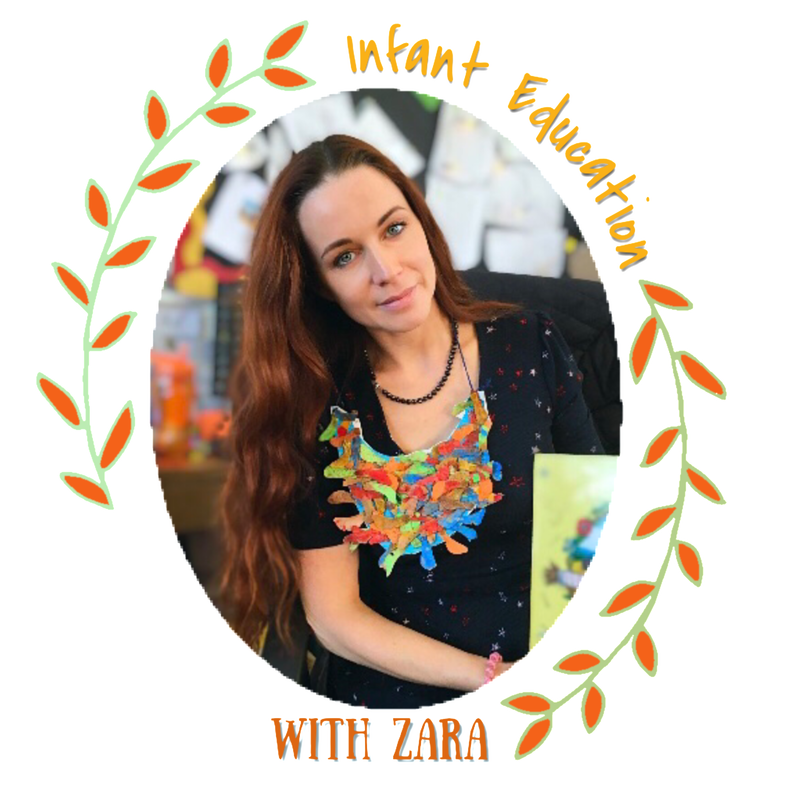
 RSS Feed
RSS Feed